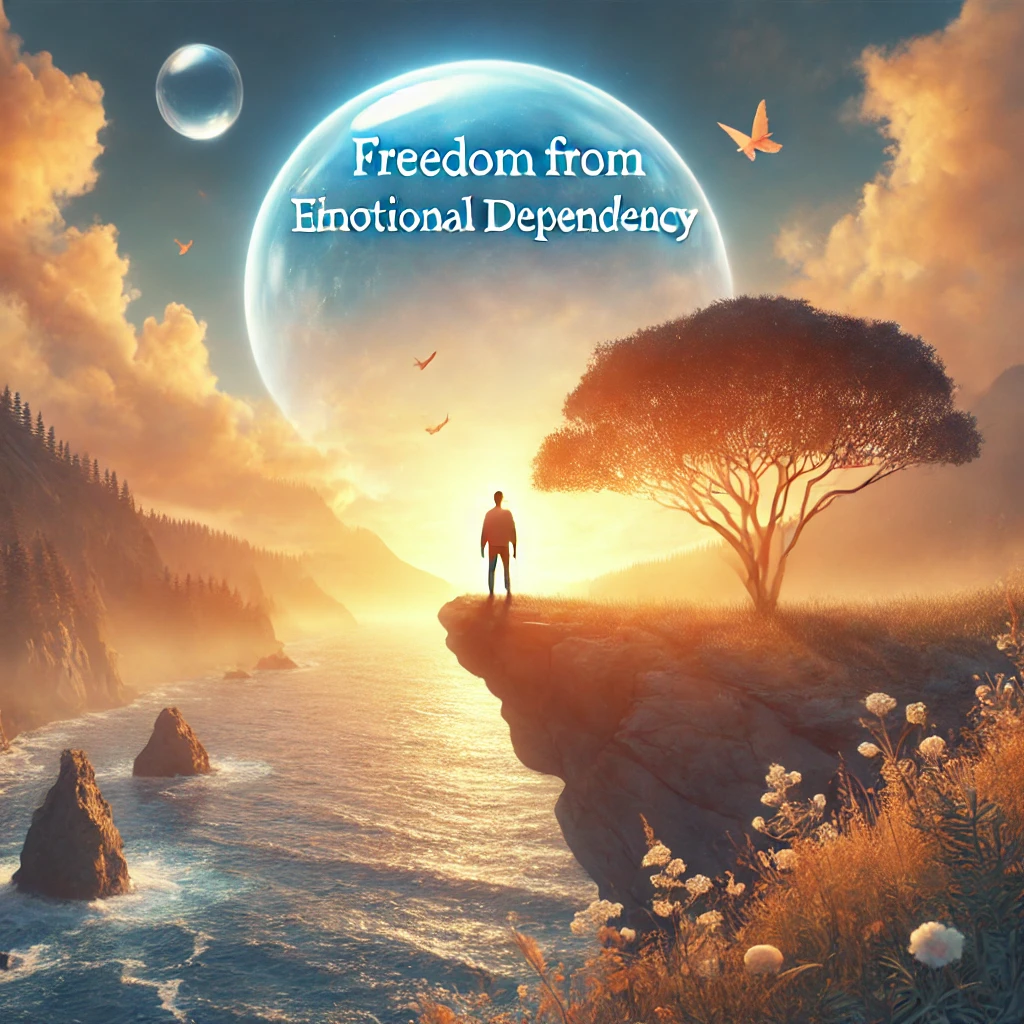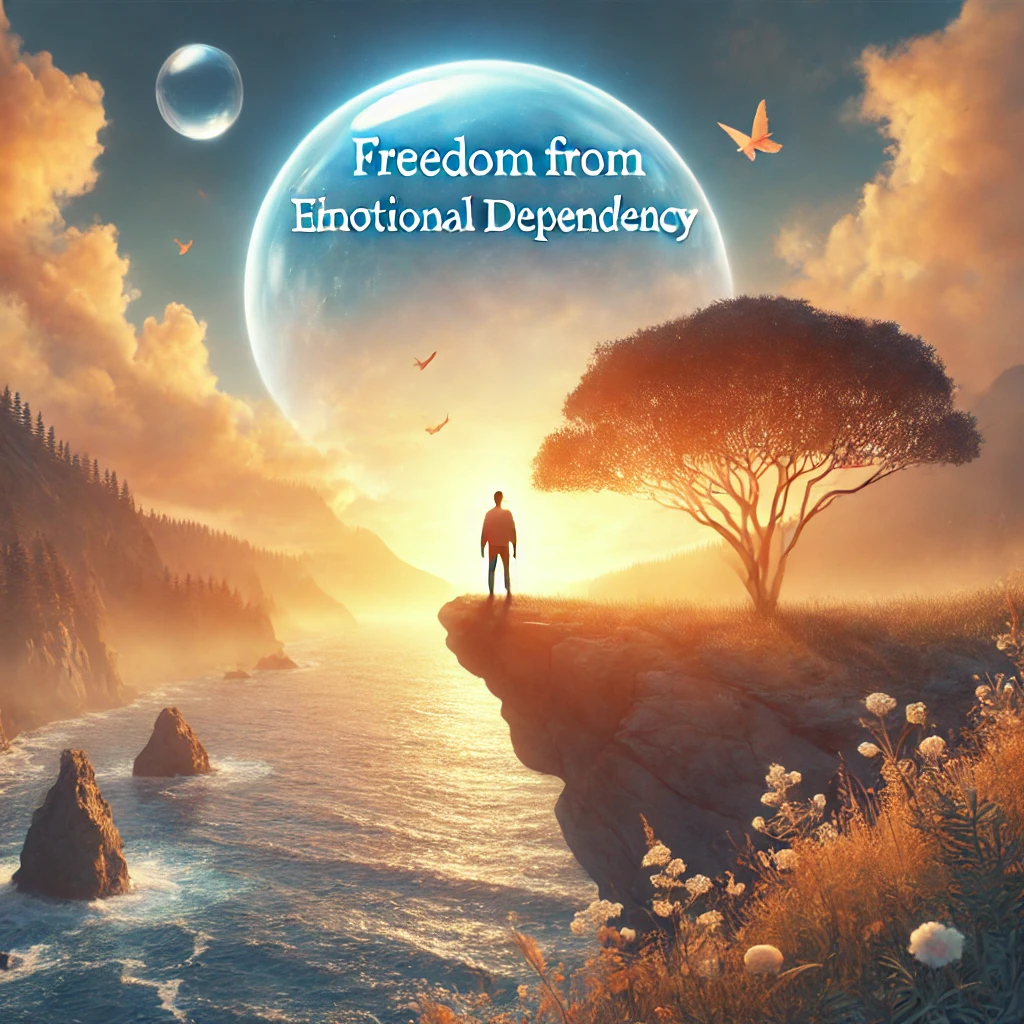
Breaking Free from Love Dependency: Practical Approaches
What is Love Dependency? Understanding Your Condition
Love dependency, often referred to as love addiction, is a psychological state where an individual excessively relies on a romantic relationship for emotional stability, self-worth, and identity. It is characterized by an intense fear of abandonment, obsessive thoughts about a partner, and unhealthy attachment patterns. Recognizing the symptoms is the first step toward regaining control over your emotions and your life.
One common sign of love dependency is a pattern of relationships where your happiness solely depends on your partner’s actions or validation. For example, you might find yourself unable to focus on personal goals or hobbies when the relationship is not going smoothly. This behavior often stems from underlying fears of rejection or loneliness.
Additionally, love dependency can lead to emotional exhaustion and strained relationships. Those suffering from it may struggle to establish healthy boundaries, often overcompensating to please their partner or avoid conflict. This creates a vicious cycle where the dependency deepens over time, making it harder to break free.
Understanding your condition requires honest introspection. Ask yourself questions like: “Do I feel incomplete without a partner?” or “Do I prioritize my partner’s needs at the expense of my own?” By answering these, you can begin to identify patterns that may point to love dependency.
Once you recognize these patterns, it becomes easier to take the next step—exploring the root causes of your dependency and starting your journey toward independence.
Exploring the Causes of Love Dependency: Past Experiences and Emotional Patterns
Many cases of love dependency are rooted in childhood experiences and formative relationships. For instance, individuals who grew up in an environment where love and approval were conditional might develop a deep-seated need to seek validation from others. This manifests as dependency in adult relationships.
Consider Jane, a 28-year-old professional who found herself constantly needing reassurance from her partner. Upon reflection, she realized that her parents often withheld affection unless she achieved high academic results. This pattern of conditional love led her to associate self-worth with external validation, which played out in her romantic relationships.
Furthermore, past traumatic relationships can contribute to love dependency. If you’ve experienced betrayal or abandonment in the past, you might cling to new relationships as a way of compensating for unresolved pain. However, this can create unhealthy dynamics where fear, rather than mutual respect and trust, drives the relationship.
Understanding these causes is crucial. Start by journaling your past relationships and pinpointing recurring themes or triggers. Therapy or counseling can also help uncover deep-seated emotional patterns and provide guidance on how to reshape them.
Identifying the root cause of your dependency paves the way for actionable steps to rebuild healthier relationships moving forward.
Actionable Steps to Overcome Love Dependency
Breaking free from love dependency requires deliberate and consistent effort. Here are some practical steps to help you regain control:
- Create emotional distance: Take a step back to evaluate the relationship objectively. This could mean temporarily reducing contact to focus on understanding your needs and emotions.
- Set new personal goals: Invest time in hobbies, career aspirations, or fitness routines that promote self-growth. For instance, Emma started a painting class and found it incredibly rewarding to see her progress week by week, which boosted her confidence.
- Celebrate small victories: Acknowledge moments when you resist the urge to seek constant reassurance or validation. These small wins build momentum toward lasting change.
Remember, the process is gradual. Consistently practicing these steps helps you establish a sense of independence, leading to healthier, more balanced relationships.
Building Self-Worth and Valuing Yourself
Self-worth plays a pivotal role in overcoming love dependency. Developing a positive self-image ensures that your happiness is not entirely tied to external validation.
Begin by practicing affirmations. For example, repeat phrases like, “I am enough,” or “I deserve to be loved for who I am.” Over time, these affirmations can help reframe negative self-perceptions.
Additionally, cultivate habits that promote self-care. Whether it’s through regular exercise, mindfulness practices, or simply dedicating time to activities you enjoy, these actions reinforce your value as an individual.
Consider Sarah, who used to struggle with love dependency. She started journaling her daily achievements, no matter how small, and found it transformative. Writing down her successes helped her see her worth beyond her relationship.
Building self-worth is an ongoing process, but it lays a strong foundation for maintaining independence and creating meaningful connections.
Seeking Professional Help to Effectively Break Free
Sometimes, self-help strategies may not be enough. In such cases, seeking professional guidance can be a game-changer. Therapists and counselors specialize in helping individuals navigate complex emotional challenges like love dependency.
Cognitive Behavioral Therapy (CBT) is particularly effective in addressing thought patterns that fuel dependency. For example, a therapist might guide you to challenge and replace thoughts like “I can’t be happy without my partner” with healthier beliefs.
Group therapy can also provide a supportive environment to share experiences and learn from others facing similar challenges. For instance, John joined a support group for individuals struggling with relationship dependency, and the shared stories helped him feel less isolated.
Knowing when to seek help is crucial. If you find yourself unable to manage your emotions or maintain relationships without overwhelming stress, it’s time to consult a professional. They can provide tailored strategies to support your journey to independence.
By integrating professional support with self-help practices, you’ll find yourself better equipped to navigate the complexities of love and relationships.
Summary
Breaking free from love dependency involves understanding your condition, exploring its causes, taking actionable steps, and building self-worth. Professional help can further accelerate this journey. By following these steps, you can regain control over your emotions and create healthier relationships.
Additional Insight
In overcoming love dependency, support from friends and family can be invaluable. For example, regularly talking to a trusted friend can help you organize your thoughts and gain new perspectives. In my case, scheduling weekly conversations with a close friend offered tremendous clarity and emotional relief.
Additionally, immersing yourself in new hobbies, like outdoor activities or creative pursuits, can open doors to personal growth. For instance, discovering a passion for photography or hiking can provide a sense of achievement and joy beyond relationships. Exploring these avenues often leads to a more balanced and fulfilling life.



Comment